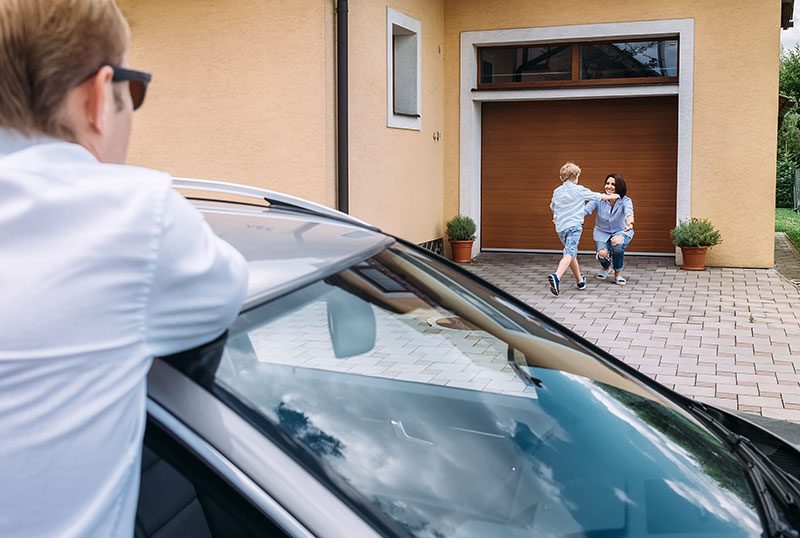19 Sep Parallel Parenting Vs. Co-Parenting
Many parents, as well as their children particularly, can benefit from a co-parenting plan after divorcing. Studies show that when parents exhibit a lot of conflict, children experience the most pain and anguish. So, keeping parental disagreements is key to having a solid co-parenting plan. However, not all divorced parents can manage this, which can damage the purpose of a co-parenting plan. Parenting expert Dr. Edward Kruk explains how some parents will attempt to bolster their own parental identity in the eyes of their child, which creates this expectation that children are meant to choose between one parent or the other. In more extreme cases, one parent may actually foster a child’s negative feelings toward their other parent and in the most extreme cases, one parent may actually manipulate a child to dislike their other parent even though they have an innate craving to love and be loved by both parents. This type of behavior presents a huge drawback in co-parenting plans.
According to an article written by Virginia Gilbert, co-parenting plans fall apart when two parents cannot treat each other in a respectable way or support and respect each other’s right to have a healthy relationship with their child. In most co-parenting plans, both parents are forced to see each other and sometimes interact, whether they are dropping their kids off to one another, making shared decisions, or at a friendly gathering. It can be a challenge for some individuals to be civil with their exes. They may not understand how important it is for their children’s sake. These divorced parents may very well benefit with what is known as “Parallel Parenting”.

What Is Parallel Parenting? How Can It Help?
Dr. Kruk describes Parallel Parenting as “an arrangement in which divorced parents are able to co-parent by means of disengaging from each other, and having limited direct contact, in situations where they have demonstrated that they are unable to communicate with each other in a respectful manner.” Essentially, communication between both parents is kept at a bare minimum in order to keep conflict away from children’s eyes and ears. Here are five guidelines that help with parallel parenting:
- When communicating, keep conversations non-personal. Instead, make them business-like in nature, related to information relevant to your children’s wellbeing.
- Never use your children as messengers in order to communicate with one another.
- Never make any changes to your parallel parenting schedule without a written agreement.
- Never share any personal information with the other parent – doing so could trigger raw emotions and conflict.
- Share schedules through a calendar or in writing in order to avoid conflict.
Parallel parenting can allow parents to remain disengaged with one another but still close with their children. Additionally, as cooler heads prevail, Parallel Parenting may lay the foundation for Co-Parenting. Negative emotions toward an ex-spouse may dissipate, allowing you to build a Co-Parenting plan that your children may fair better with.

